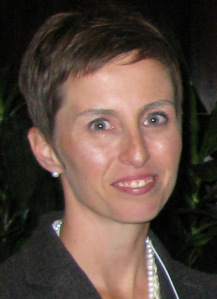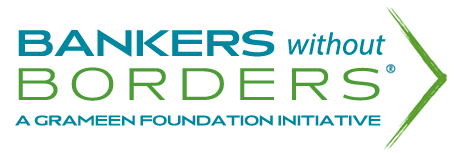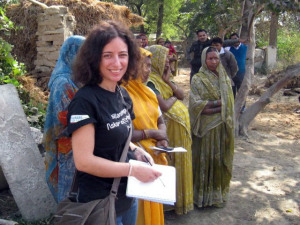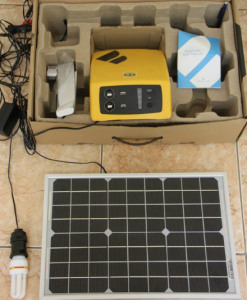The Power of Microbusiness
Shannon Maynard is the Director of Grameen Foundation’s skilled volunteer program, Bankers without Borders®. Maynard has more than 15 years of experience in nonprofit management and volunteer mobilization. Before joining Grameen Foundation, she served as Executive Director of the President’s Council on Service and Civic Participation, and managed strategic initiatives for federal agency the Corporation for National and Community Service. One of the books that has been on my reading list for a while but I haven’t gotten to yet is The Coming Jobs War, by Gallup CEO Jim Clifton. As a busy working mom, I’ve read reviews and excerpts, and have promised myself to read the entire book by the end of the summer. I do know that the premise of the book, which is based on the findings of Gallup’s World Poll, is that what people in the world want most is a good job. Here in the United States that typically translates to a formal job and steady paycheck. In the developing world that includes informal jobs, but the message is the same – people want steady, reliable pay in return for a hard day’s work. Clifton argues that over the course of the next 30 years, economic force will trump political and military force in terms of determining which countries have power and influence and which do not. The top U.S. cabinet position will be the Secretary of Job Creation – not the Secretary of State or Defense.
 Shannon Maynard, Director, Grameen Foundation's Bankers without Borders volunteer initiative.
Shannon Maynard, Director, Grameen Foundation's Bankers without Borders volunteer initiative.

 In his final year as a Peace Corps volunteer in Peru, Matt worked in Santa Lucia, a small village in the coastal department of Ica. He’s shown here with beneficiaries of the work he did as a rural-sanitation consultant, building eco-latrines and clean cookstoves for poor families as part of an earthquake-recovery project funded by the German government.
In his final year as a Peace Corps volunteer in Peru, Matt worked in Santa Lucia, a small village in the coastal department of Ica. He’s shown here with beneficiaries of the work he did as a rural-sanitation consultant, building eco-latrines and clean cookstoves for poor families as part of an earthquake-recovery project funded by the German government. Rhia Bakshi, a Bankers without Borders volunteer, believes in the power of cross-sector collaboration.
Rhia Bakshi, a Bankers without Borders volunteer, believes in the power of cross-sector collaboration. Tânia volunteering in Varanasi, India.
Tânia volunteering in Varanasi, India. The Fenix ReadySet allows our CKWs to charge their phones using a solar panel.
The Fenix ReadySet allows our CKWs to charge their phones using a solar panel.